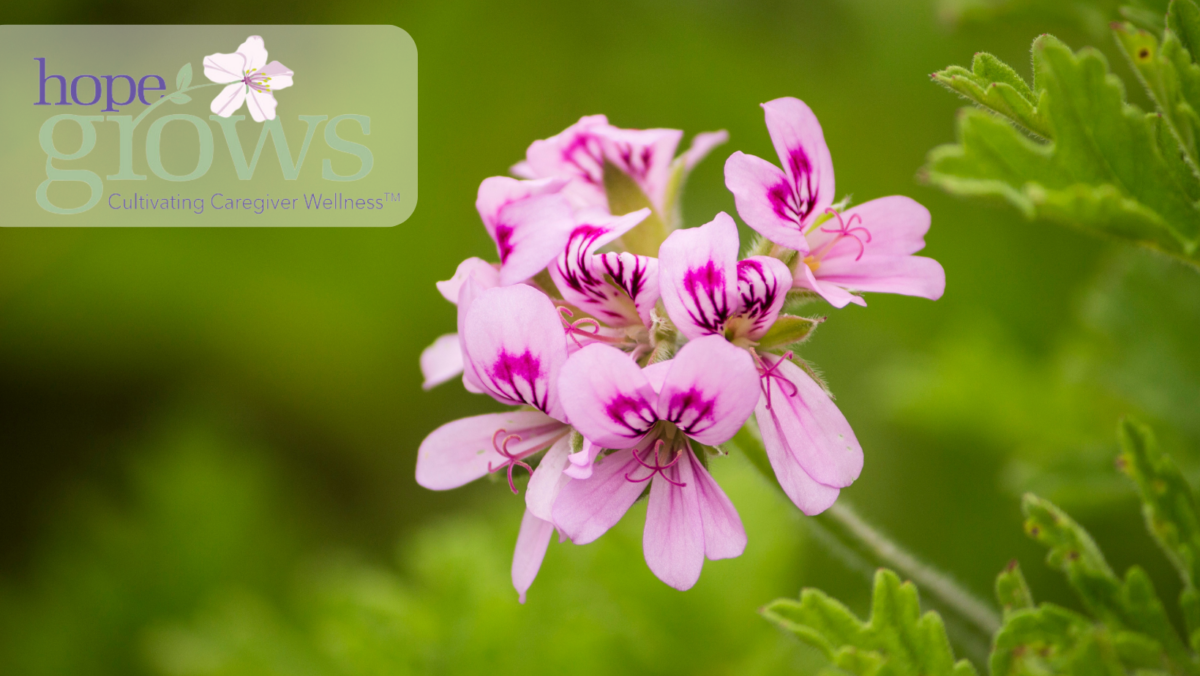Finding Meaning in Life

I am an early riser. Most mornings, I awake before the sun and I sit and sip my coffee or tea and listen to the sounds of nature. Right now, the morning is filled with bird song and the exchange of different melodies. I learned that 90% of wildlife, including some of the Audubon population, mate for life; however, the majority of songbirds’ only mate for a season.
With this month’s focus, I ponder the meaning of life. It appears that the wildlife’s search for meaning only includes food, water, shelter, and safety; the daily efforts of survival. At least it looks that way from my window (except when you catch a baby fox that wondered into the trap destined for the destructive groundhog; a game of catch and release).
I digress for a moment and then joyful singing becomes the focus again. I always thought joyful music came from the birds until one day, when I heard different sounds – in particular, a robin. I was surprised at the change in the melody and then noticed a disruption of the nest and the loss of their eggs and young. Researching the possibilities of grief among wildlife, I learned that birds have legitimate cries of sadness.
Human loss and the sounds of sadness are profound as well. Grief, the normal and natural reaction to loss – any loss – is different for everyone. While mourning is the process that one goes through in adapting to the loss, bereavement is the period that defines the loss to which the person is trying to adapt.
Grief is experienced emotionally, cognitively, physically, spiritually, socially, economically, and behaviorally. While these experiences are not inclusive, it can affect every part of us. The deepest of these is spiritual. At least, that has been my experience, along with most of those I have provided support for. The loss of purpose and meaning in life can rock us to the very core of our existence.
At Hope Grows, we talk a lot about loss, and not just loss from death. Loss is painful. The first night of the graduate grief class I teach involves naming and listing everything that represents a loss. As students engage, the loss of a job, a relationship, a car, a passing grade, the ability to walk, and freedom, to name a few, begin to fill the chalkboard. Soon, an exchange regarding the loss from the death of someone is shared. Discussion evolves to the ability to pivot in difficult situations.
Last month, we shared an article about pivoting and if we focus on what matters most and align our actions with our values, a more meaningful and fulfilling life is the result. Does this really apply though, when struggling through loss? And then, what happens when someone loses their way? Finding and having meaning in life is imperative to good overall well-being, so we are told. It is also at the core of spiritual health.
I, for one, believe that society is in a period of mourning, one of chronic pain that sees no end. The news portrays a society that appears to be challenged from a loss of self, purpose, and identity; spirituality seems to be missing. As mental health needs rise, the cries of sadness seem to go unheard. Mental health needs are at record highs. Young teenagers are flocking to the ER hospitals for depression and anxiety, people are afraid for their safety, the older population struggle with moving from the home they loved, family caregivers are stressed with increased demands, and thirty somethings are struggling to find their way in the job market.
The chronic pain goes on and on, but then, just like in nature, the sounds of sadness can change. How do we help society change the sound of its cries? When one’s soul goes off-center, the antidote is compassion and kindness. Human spiritually evokes existential questions about suffering and meaning, and any validation can help nourish a tired and weary soul, providing a sense of comfort and connection.
I have been in chronic pain (loss) most of my life, physically and spiritually. I have a degenerative spine, arthritis and stenosis, Chronic Fatigue, Lyme’s disease, and several other chronic viruses that go in and out of remission. I’m not sure how long I have had these viruses, since most of adult life doctors always pushed the symptoms aside by calling them “acute” and that it was “all in my head.” It wasn’t until I found a wonderful Doctor of Osteopathic Medicine who became the compassionate and kind soul, validating my symptoms and applying the correct testing to locate the problems.
My apologies, I digress again, but my point is that I had empathy, understanding, and encouragement of practical support. I was then able to explore the deepness of the pain and implement self-care practices that worked. Keep in mind, whatever the loss, it requires a holistic approach that addresses the symptoms, the emotions, and the spiritual needs.
One way to support someone in pain, whether it be individual loss or the societal loss that I was referring, is community. We need to come together and spread kindness. Just like the child blowing the seeds of the spent dandelion into the wind, new growth can happen.
Other ways to help someone in chronic pain, whether it is physical, emotional, or spiritual:
- Empathy and understanding
- Encouraging self-care practices
- Providing practical support
- Encouraging connection and support
- Promoting spiritual exploration.
Check out our simple suggestions in this week’s “Think Caregiver” email for further tips on this topic.
In summary, helping someone with chronic pain involves addressing their physical symptoms, emotional well-being, and spiritual needs with empathy, compassion, and practical support. By attending to the person’s holistic needs, you can contribute to their healing journey and support their overall well-being, including – and most importantly – the health of their soul. Keep in mind, a dose of nature can be helpful too!
Written by Lisa Story, MSCP, LPC, CT
Hope Grows Founder & Clinical Director

